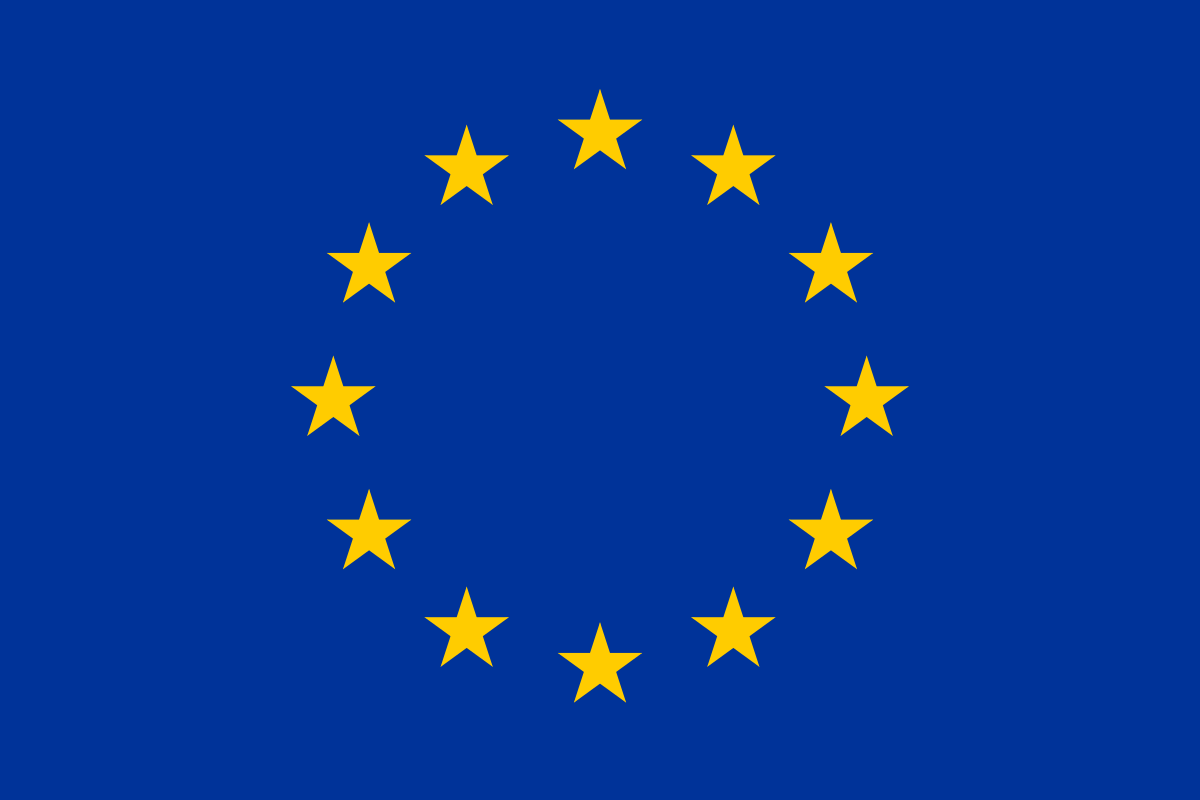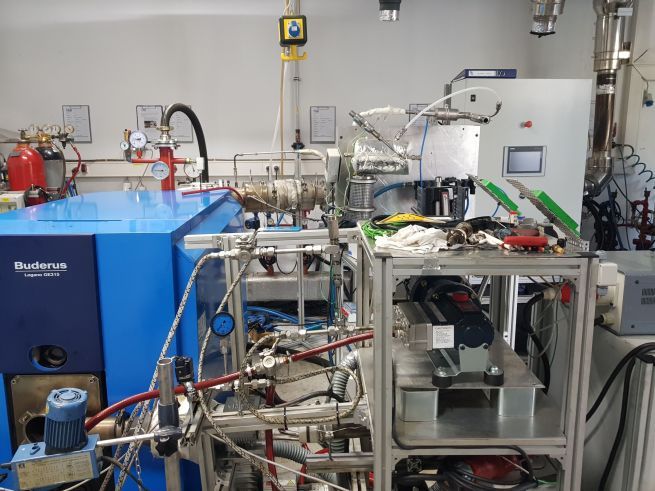Overall efficiency of 85 % achieved
24 June 2024 – An international consortium in the EU research project “SmartCHP” has developed the prototype of a cost-effective and flexible energy system for generating electricity and heat on the basis of combined heat and power (CHP). This is a motorized CHP system that was operated with pyrolysis oil from biomass residues (fast pyrolysis bio oil, FPBO). The generated energy is used for different use cases. For example on a small scale (from 100 to 1,000 kWel), it is suitable for supplying energy to apartments, municipal buildings or hospitals.
The CHP system consists of a diesel engine with an electricity generator, an exhaust gas aftertreatment system, a heat recovery system and an additional heating system for the operation with FPBO.
With a fuel injection system adapted to the FPBO fuel, the CHP engine demonstrated trouble-free operation over a test period of 500 hours. This was the first successful test of its kind in the world. The electrical efficiency of the engine reached up to 33%, fully exploiting the potential of the engine. The overall efficiency (electricity and heat) was 85%. The efficiency could be achieved with both FPBO and conventional diesel fuel. Therefore, engines that normally achieve an efficiency of 40 % and more with diesel should also be able to achieve these values with FPBO. With an intelligent and demand-based control system, the system would be able to integrate renewable electricity from wind and solar energy and regulate the fluctuating energy demand and volatile availability of wind and solar power.
CHP system with auxiliary heating
In the project, OWI Science for Fuels gGmbH developed the heating system with an output of around 100 kWth. To this end, OWI developed a burner for operation with FPBO fuel and using the exhaust gas from the CHP engine as an oxidizer. The heating system consisted of a modified boiler and the burner. The boiler generates additional heat when the engine is operating at low power, for example because the demand for electricity is low or is covered by sources such as wind and solar energy. The heating system was tested in the OWI laboratory with exhaust gas under various operating conditions. In addition, OWI was responsible for the integration of the boiler into the catalytic exhaust gas aftertreatment system and supported the integration of the boiler into the complete SmartCHP prototypes.
The CHP system’s exhaust gas cleaning system passed a 150-hour test and reduced carbon monoxide, nitrogen oxide and particulate emissions to the limits currently relevant to Europe. A comprehensive environmental assessment showed a reduction in greenhouse gas emissions of 87 to 95% based on the application of the RED II method for calculating GHG emissions.
The SmartCHP project was funded with EUR 4 million from the European Union’s Horizon 2020 research and innovation program under grant agreement no. 815259. It started in June 2019 and had a duration of 4 years. Research partners are OWI Science for Fuels, Abato Motoren, Exergia Energy and Environmental Consultants, Capax Environmental Services, Greenovate! Europe, Technical University of Eindhoven, Tehag Germany, Denmark Technical University, Dowel Management and the BTG Biomass Technology Group, which coordinated the project.







